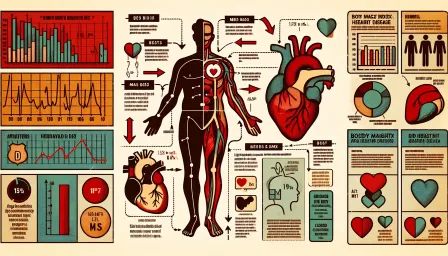The Top 10 Food Journaling Benefits You Cant Ignore

Discover the top 10 food journaling benefits you can't ignore. Learn how keeping track of your diet can transform your health and wellbeing.
In our quest for better health and wellness, food journaling has emerged as a potent tool that offers myriad benefits. While many of us may view it as a tedious task, the truth is that keeping a detailed log of what you eat can have significant positive impacts on your overall health. Here's a comprehensive look at the top 10 food journaling benefits you can't ignore, and why you should consider incorporating this practice into your daily routine.
1. Enhanced Nutritional Awareness
When you start food journaling, you become more aware of your daily intake of nutrients. This heightened awareness can help you identify any deficiencies or excesses in your diet, leading to more balanced and structured eating habits. By observing the patterns in your food choices, you can make informed decisions that contribute to better health.
2. Weight Management
Whether you're looking to lose weight, gain muscle, or maintain your current weight, food journaling can make a substantial difference. By keeping track of your caloric intake and nutritional choices, you can see where you might be overindulging or under-eating. This clarity allows you to make adjustments to meet your weight management goals more effectively.
3. Identification of Food Sensitivities
Keeping a detailed food journal helps you identify patterns between what you eat and how you feel afterward. If you experience discomfort, bloating, or other gastrointestinal issues, documenting your meals can help pinpoint potential food sensitivities or intolerances, enabling you to make dietary changes accordingly.
4. Improved Digestive Health
Often, digestive issues can be linked to our diet. A food journal provides valuable insights into your eating habits, helping you to identify foods that may cause indigestion or other digestive problems. Adjusting your diet based on these insights can lead to improved digestive health and overall wellbeing.
5. Emotional Eating Awareness
Many people turn to food for comfort during stressful or emotional times. By documenting not only what you eat but also how you feel when you eat, you can develop a more mindful approach to eating. Recognizing emotional eating patterns can help you implement healthier coping mechanisms.
6. Better Meal Planning
Food journaling allows you to plan your meals more effectively. When you have a clear record of what you’ve eaten and when, you can plan healthier meals that cater to your nutritional needs. Better meal planning can also help you save time and money by reducing food waste.
7. Accountability
Having a food journal makes you more accountable for your dietary choices. When you know you have to log every meal and snack, you're more likely to make healthier decisions. This sense of accountability can be a powerful motivator for maintaining a healthy diet.
8. Monitoring Progress
Tracking your food intake allows you to see your progress over time. Whether you're aiming for better health, weight loss, or muscle gain, documenting your diet helps you visualize your achievements and stay motivated. This record-keeping can also help you identify areas where further improvement is needed.
9. Supporting Medical Treatment
For those managing medical conditions such as diabetes, hypertension, or high cholesterol, food journaling can be an invaluable tool. Keeping a detailed log of your diet can help healthcare providers better understand your eating habits and tailor recommendations to your specific needs. This collaborative approach can lead to more effective treatment plans and improved health outcomes.
10. Encouragement of Healthier Habits
Food journaling inevitably encourages you to develop healthier habits. As you become more mindful of what you're eating and the choices you're making, you’re likely to gravitate towards more nutritious foods. Over time, this can lead to lasting dietary changes that support long-term health and wellbeing.
Conclusion
Food journaling is a simple yet powerful tool that offers a multitude of benefits. From enhanced nutritional awareness and weight management to identifying food sensitivities and improving digestive health, the advantages are numerous. By making food journaling a part of your routine, you can take significant strides towards achieving your health and wellness goals. So, why not start today and experience these benefits first-hand?



























